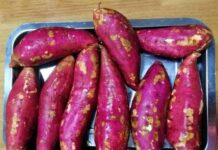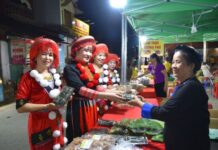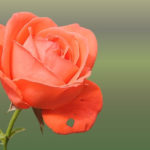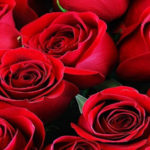The practice of worship has long been considered a beautiful aspect of the spiritual culture of Vietnamese people. People often worship on death anniversaries, major holidays like Tet, and pray for blessings from above, asking for smooth sailing, peace, and happiness for their family members.
In addition to food and fruit, an important detail on the ancestral or Buddhist altar during these ceremonies is a vase of flowers. However, not all flowers are suitable for this purpose. Here is a list of flowers that can be used on the altar, as well as some that should be avoided:
1 Flowers Suitable for Worship
Yellow Chrysanthemums
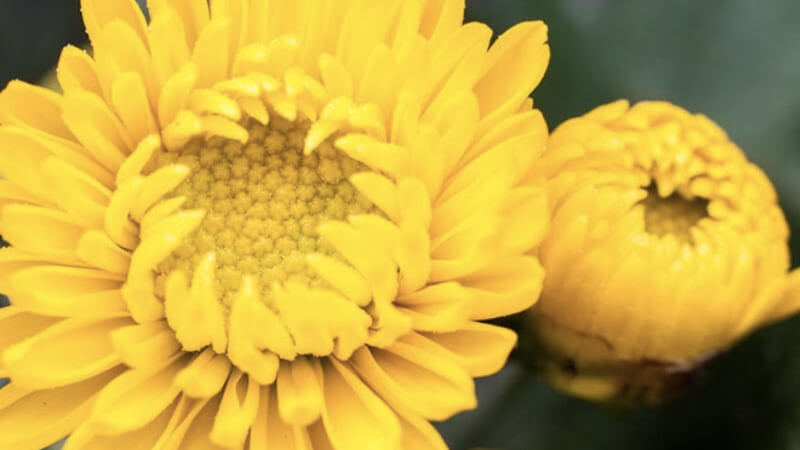
Chrysanthemums are one of the most popular choices for altar offerings due to their rich symbolism. They represent filial piety, longevity, life, blessings, luck, and prosperity. The bright yellow color of these flowers also adds a touch of warmth and cheerfulness to the somber autumn season.
Related Reading: 6 types of flowers suitable for worship on the 23rd of the 12th lunar month
Chrysanthemum Morifolium

Also known as the chrysanthemum, this flower comes in a variety of colors and is commonly used for worship. As the name suggests, it symbolizes good fortune, wealth, and longevity. It is also associated with elegance and longevity.
Red Roses
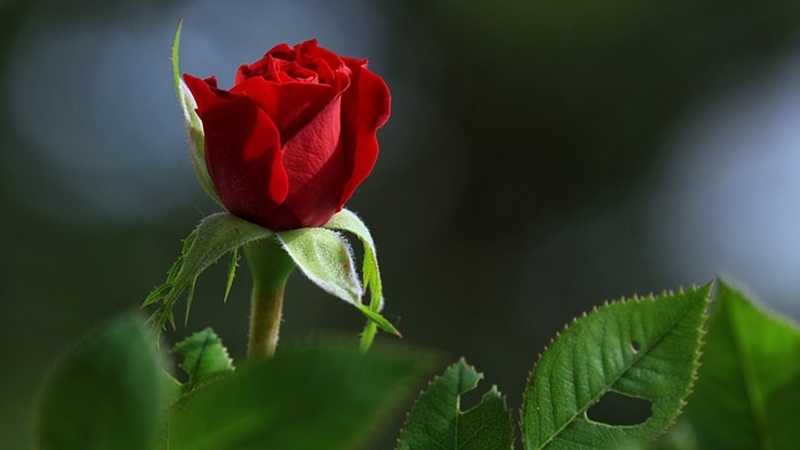
Roses have long been associated with happiness and eternity. Placing a vase of red roses on the ancestral altar during the Mid-Autumn Festival is believed to bring good luck and prosperity for the entire year.
Lotus
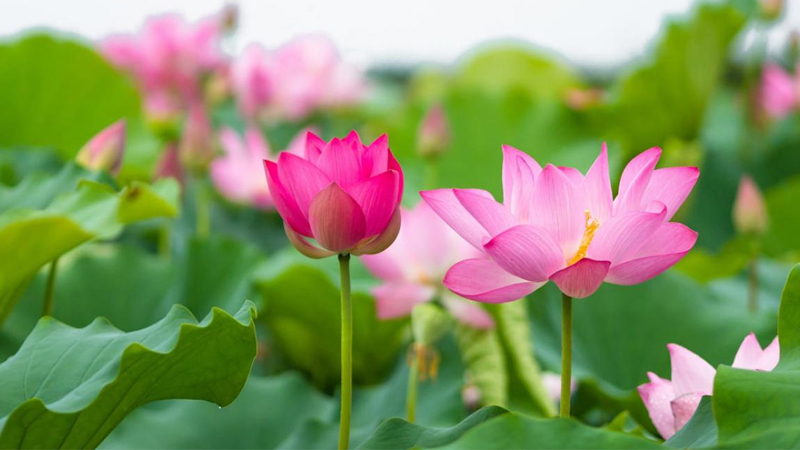
The lotus flower grows in muddy waters yet remains unstained, symbolizing purity and elegance. It is often associated with Buddha and is considered a flower of high virtue. Offering lotuses during worship is believed to bring good luck and prosperity to the family.
2 Flowers to Avoid for Worship
Orchid
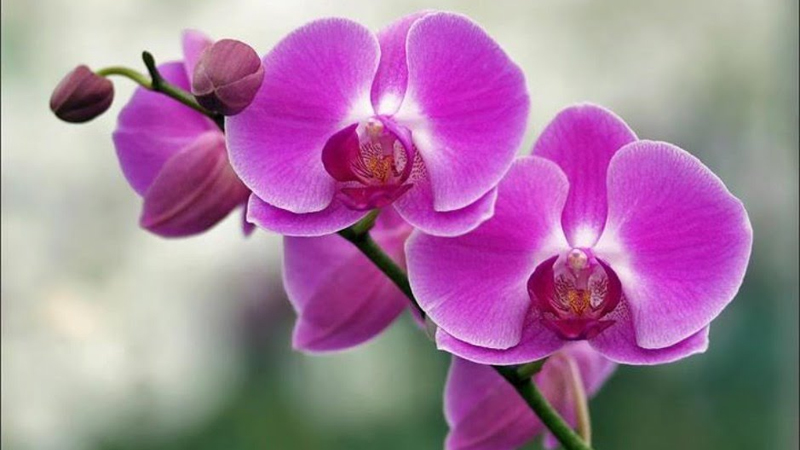
The word “phong” in its Vietnamese name implies a romantic or amorous connotation, and the vibrant colors of orchids are considered too flashy for the solemn atmosphere of worship. Therefore, offering orchids may be seen as a sign of disrespect.
Lilies
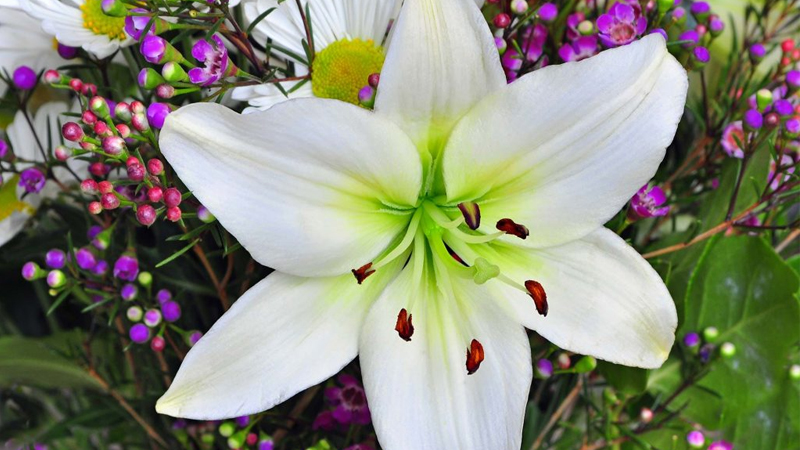
The Vietnamese word for lily, “ly,” is associated with separation and loss. Despite their beauty and fragrance, lilies are generally avoided during worship on the full moon day.
Jasmine
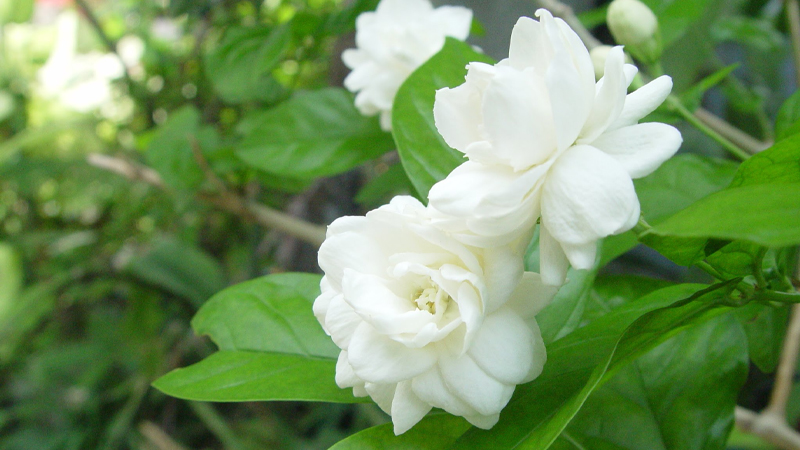
Also known as “lài” in Vietnamese, jasmine carries a negative connotation due to its association with a folk saying, “jasmine plugged into a buffalo’s dung.” As a result, jasmine is not considered appropriate for altar decorations.
Marigolds

Marigolds have bright yellow petals that symbolize good fortune and prosperity. However, their strong odor and association with bad luck in feng shui make them unsuitable for altar offerings.
Hibiscus
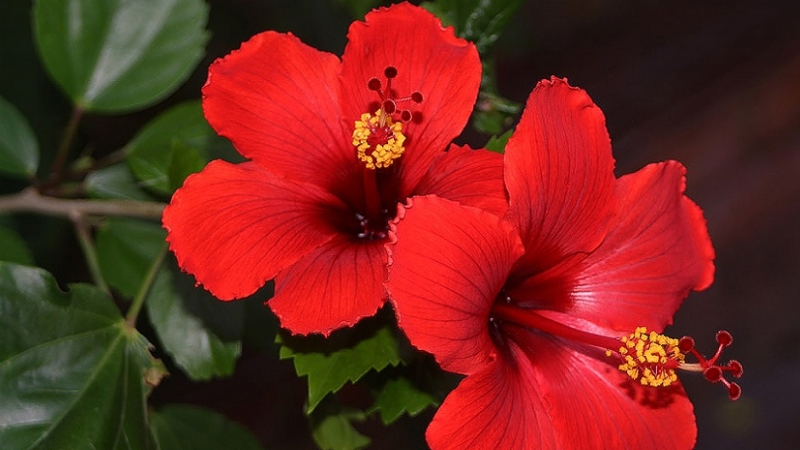
Hibiscus flowers are not used for worship due to the presence of the word “dâm” in their Vietnamese name, which is associated with promiscuity and lust.
The above suggestions provide a guide on choosing appropriate flowers for your ancestral altar during the Mid-Autumn Festival. Select flowers that align with the occasion and create a beautiful and meaningful display for your family’s worship.
Unlocking the Power of Roses to Win Her Heart on Valentine’s Day
 Roses to Win Her Heart on Valentine’s Day’>
Roses to Win Her Heart on Valentine’s Day’>This Valentine’s Day, learn how to use roses to show your romantic side and win her heart! The following article dives into the deeper meaning of the rose and helps you express your affection better.
Making Handmade Rose Gifts Using Organza and Silk Fabrics: Step-by-Step Instructions for October 20th
Are you looking for a unique and heartfelt way to honor the special women in your life on Vietnamese Women’s Day (October 20th)? If so, then this article has you covered! We will walk you through the steps to craft beautiful fabric roses out of silk and chiffon – a perfect way to show your appreciation for the amazing mothers, wives, girlfriends, older sisters and teachers in your life.













